Thinking about moving to Barcelona? There aren’t many cities that offer a better lifestyle than the beautiful Catalan capital. With long sunny days and the Mediterranean within walking distance, the quality of life in Barcelona is understandably high. But planning any big move can be a little stressful at first, so we’ve put together a list of the 5 things you should know before moving to Barcelona.
Related article: Making a Career Move to Barcelona
Table of Contents
The cost of living



Photo via Pixabay
Before planning a move to any city, it’s important to research the cost of living a bit beforehand. Here in Barcelona, it’s relatively easy to live comfortably on a salary of around 1,000 euros a month. To rent a room in a shared flat, you can usually expect to spend anywhere between 350 and 500 euros per month on rent, which in many cases will include the price of monthly utilities. To rent your own flat, 700 to 900 euros a month will get you a nice one-bedroom place. These prices depend on how close to the center you want to live, of course, but they’re generally a good reference point.
After you have a good idea of how much you’ll pay for rent, the biggest monthly expense, take the time to sit down and research what the rest of your expenses will look like depending on your lifestyle. Make a budget for food at home, eating out, utilities, internet, a mobile phone plan, transportation, and entertainment to get a good idea of how much you’ll need to live comfortably in Barcelona.
ShBarcelona created a cost living calculator, you can calculate your own monthly cost living in Barcelona by clicking directly on this link. In addition to calculate your monthly budget, you can check the average prices listing of daily products like food, clothing, museums, utilities, housing by district, etc.
The best areas to live
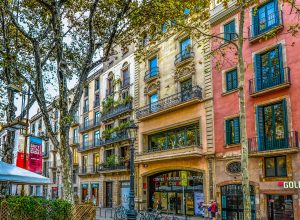


How to get around
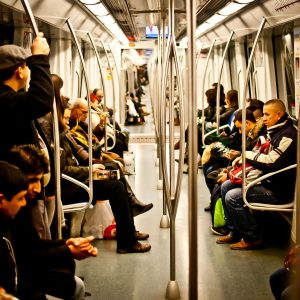


Photo via Pixabay
Public transportation in Barcelona fast, easy, and reliable. With plenty of options to choose from such as the metro, city bus, train, tram, or even the city bikes, it’s easy to get around the city quickly. Barcelona is also quite walkable, so depending on where you live you could even save a lot of money on transportation by walking to work or school.
Single metro tickets cost €2.15, but the transportation cards are the best way to go. You can choose from multiple options like the T-10 card for ten trips on the metro, bus, train, or tram or the T-Mes with unlimited journeys monthly. Learn more about public transportation in Barcelona on the transportation website.
Related article: Public Transportation: How to get Around Barcelona
The local culture



Photo via Pixabay
One important thing to understand before moving to Barcelona is that Catalunya, although a part of Spain, has its own culture, traditions, and even language. While Spanish is spoken everywhere in the city, it would be useful to learn a little Catalan before arrival. The Catalan people take pride in every aspect of their culture, language included, and even if you don’t speak much Catalan, they always appreciate the effort.
Aside from the language, they also have their own set of unique traditions and celebrations here in Catalunya. No, this isn’t the place for Flamenco or paella, but the good news is that there’s always something to celebrate in Barcelona. Move here and you’ll experience some of the very best Catalan festivals each year.
Administrative procedures
Finally, when you’re moving from another country, whether it be within Europe or outside, it’s very important to understand the administrative procedures you’ll have to go through when you arrive. This involves a lot of paperwork and appointments, but researching beforehand will make your transition much smoother. Look into important procedures like getting a social security number, the empadronamiento which officially registers you at your address, and the NIE, the foreigner identity card essential for everything from opening a bank account to buying a long-term metro ticket.









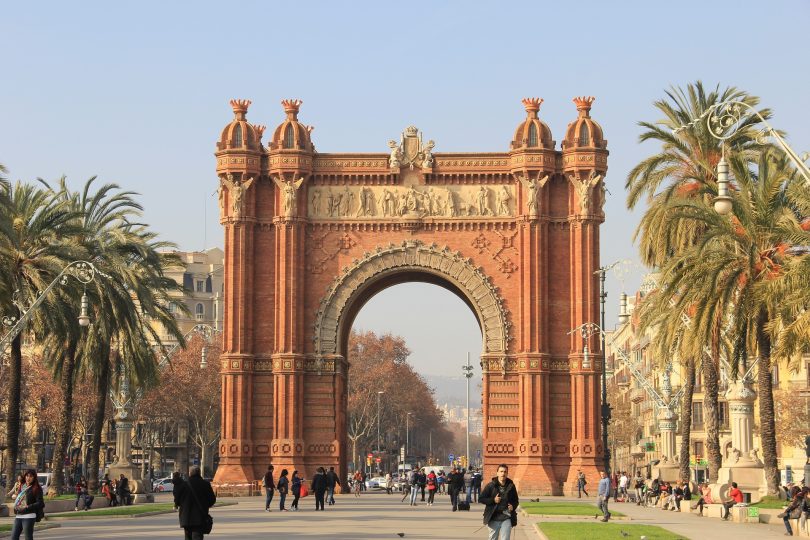
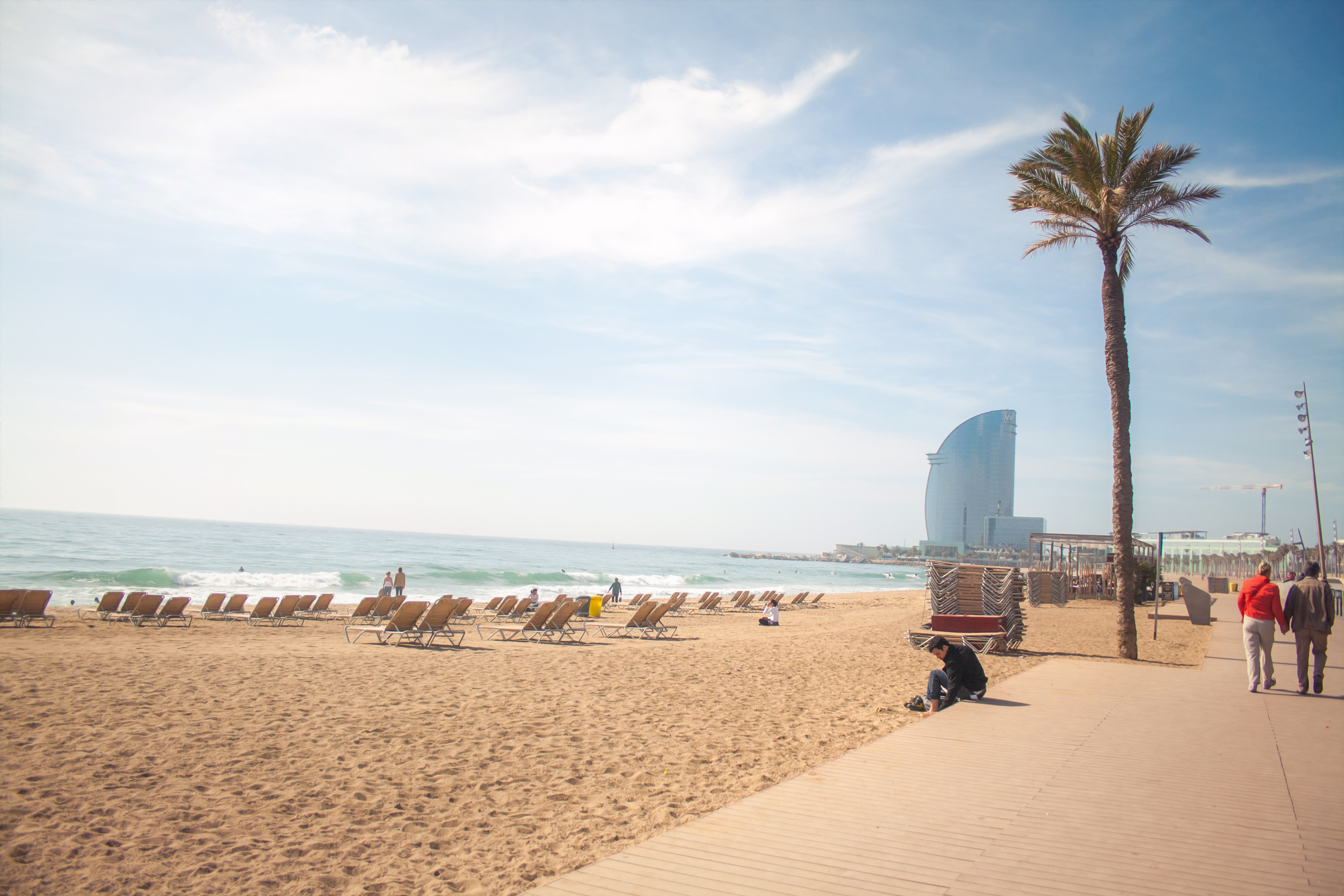




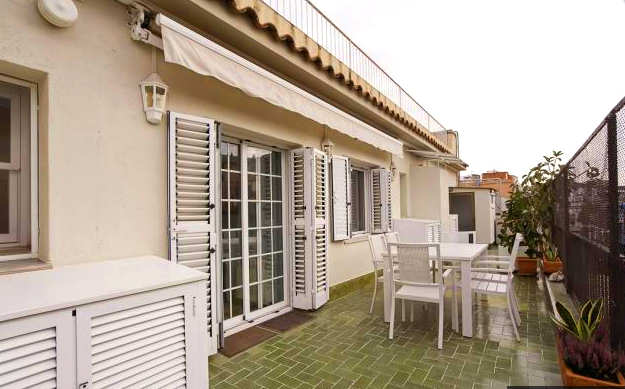


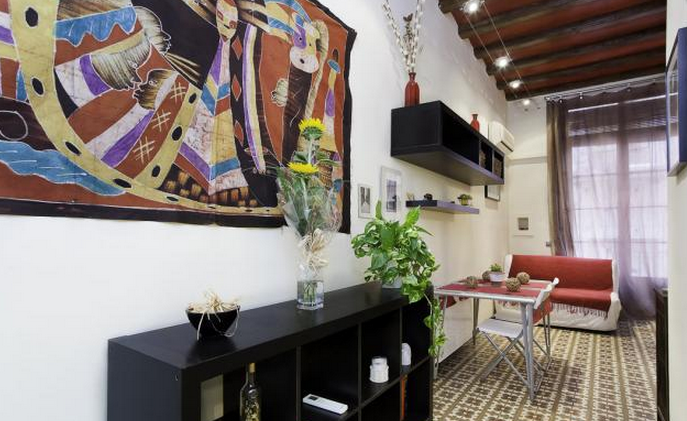


Paellla is the Catalan for frying pan. So, yes, do expect Paella but certainly not bullfighting, thankfully.
Paella is traditionally Valenciano but yes it does refer to the pan.
In all of Catalunya you’ll find very good rice dishes, but they just call them arros( with fish, meat or whatever) if they’re Catalan restaurants.